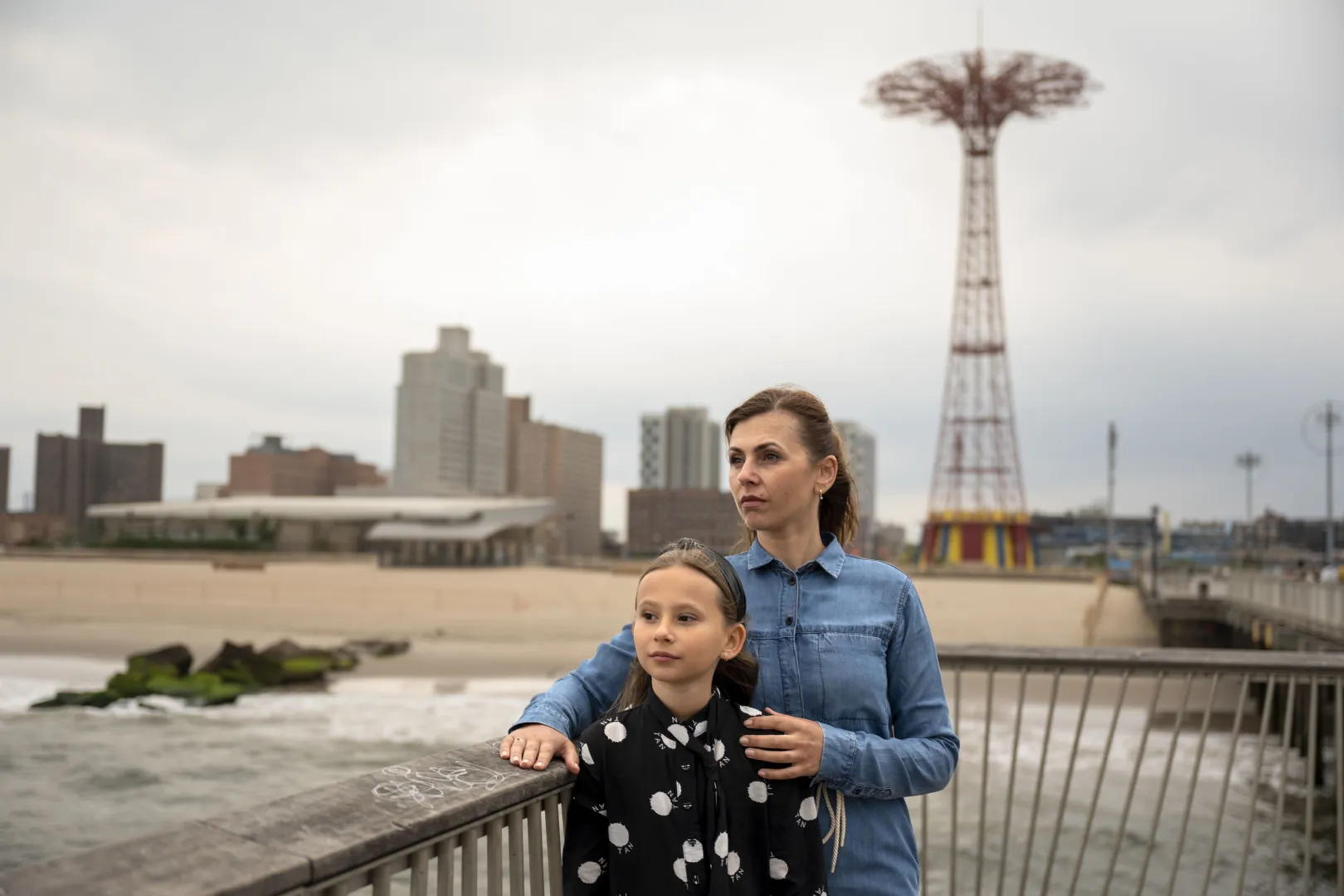Ukrainian refugee groups decry trickle of U.S. help
“The need is overwhelming” but there are a limited number of funds going directly to refugees in search of housing, food and employment.

 This article was originally published on by THE CITY.
This article was originally published on by THE CITY.
Social service groups assisting Ukrainian immigrants say they are overwhelmed with thousands of calls and walk-ins from people seeking refuge from the war-torn country — and that limited government funds haven’t come close to covering basic needs.
The Mayor’s Office of Immigrant Affairs has given a total of $2 million to five nonprofits supporting newly arrived Ukrainian refugees since Russian forces invaded in late February.

Brooklyn Boro
View MoreNew York City’s most populous borough, Brooklyn, is home to nearly 2.6 million residents. If Brooklyn were an independent city it would be the fourth largest city in the United States. While Brooklyn has become the epitome of ‘cool and hip’ in recent years, for those that were born here, raised families here and improved communities over the years, Brooklyn has never been ‘uncool’.